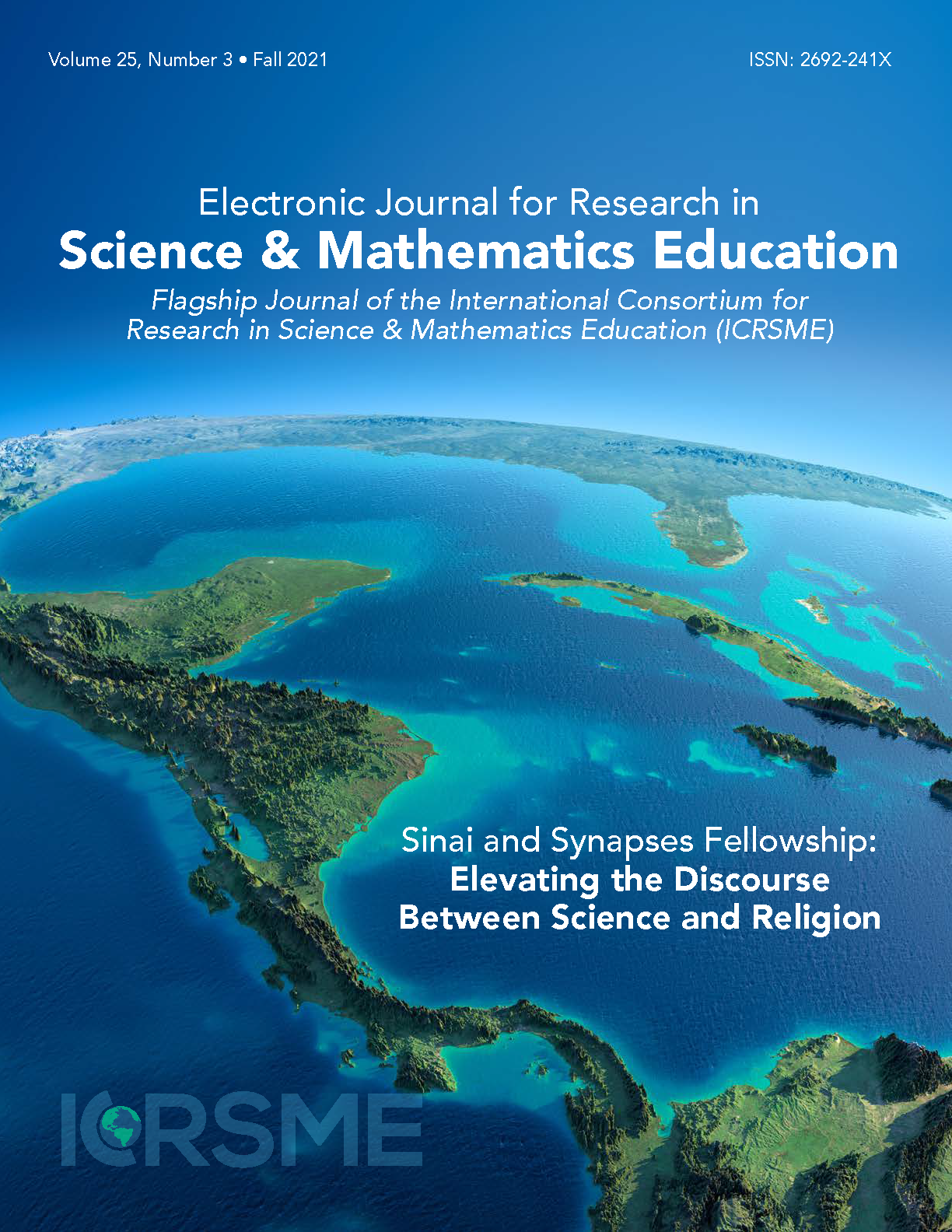Called to Care, Trusted to Teach The Role of Hospital Chaplain in Education of Patients, Families, and Medical Staff during a Pandemic
Main Article Content
Abstract
The theory and practice of spiritual care has transformed over the years. Chaplains have broadened the definitions of their work, formalized spiritual assessments, and gained greater understanding of multi-faith and interfaith support. In 2020, the COVID-19 pandemic forced a new shift in thinking specifically causing many healthcare chaplains to add technology and phone support to their practice. Spiritual care was offered by telephone, video application, recorded religious services, and many other creative/socially distanced interventions. Chaplains are trained to adapt. They quickly formed support networks, shared their ideas and plans, and built a new foundation to withstand new issues that arose in 2020. In this article, we describe how chaplains were able to pivot quickly into new aspects of their role, teaching and learning from other spiritual care communities across the country, and how they have been called upon to educate their healthcare communities in a new landscape created by the pandemic.
Article Details
© 2025 Electronic Journal for Research in Science & Mathematics Education (EJRSME)
